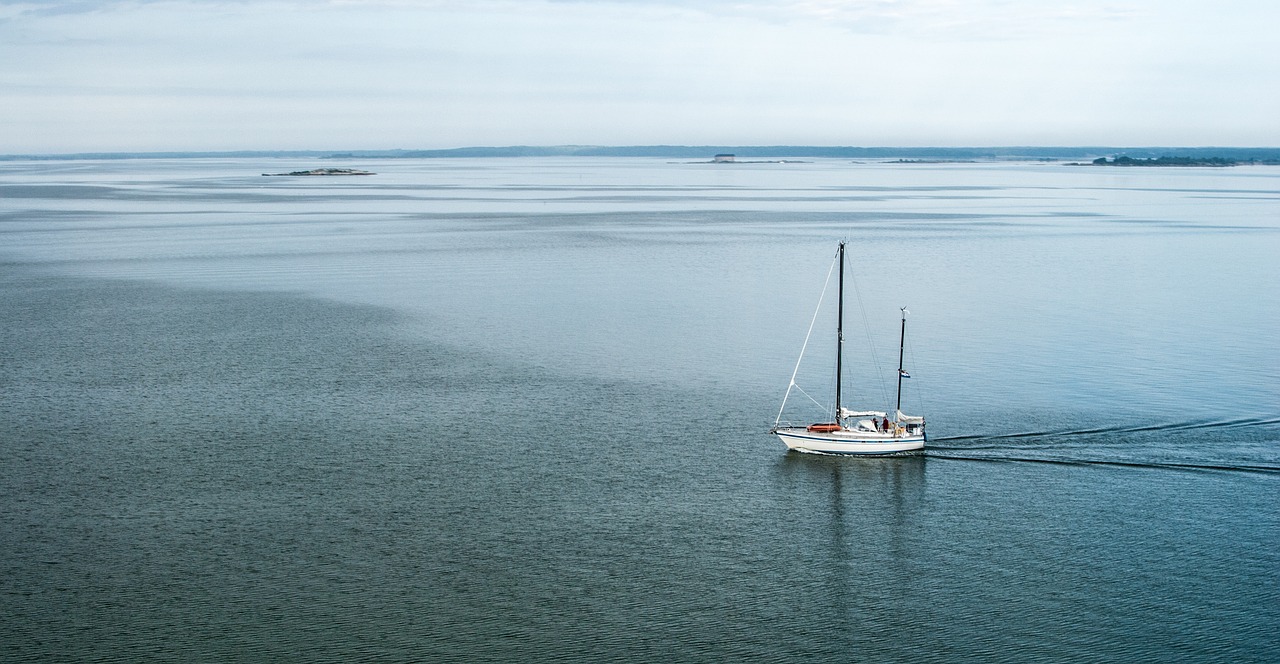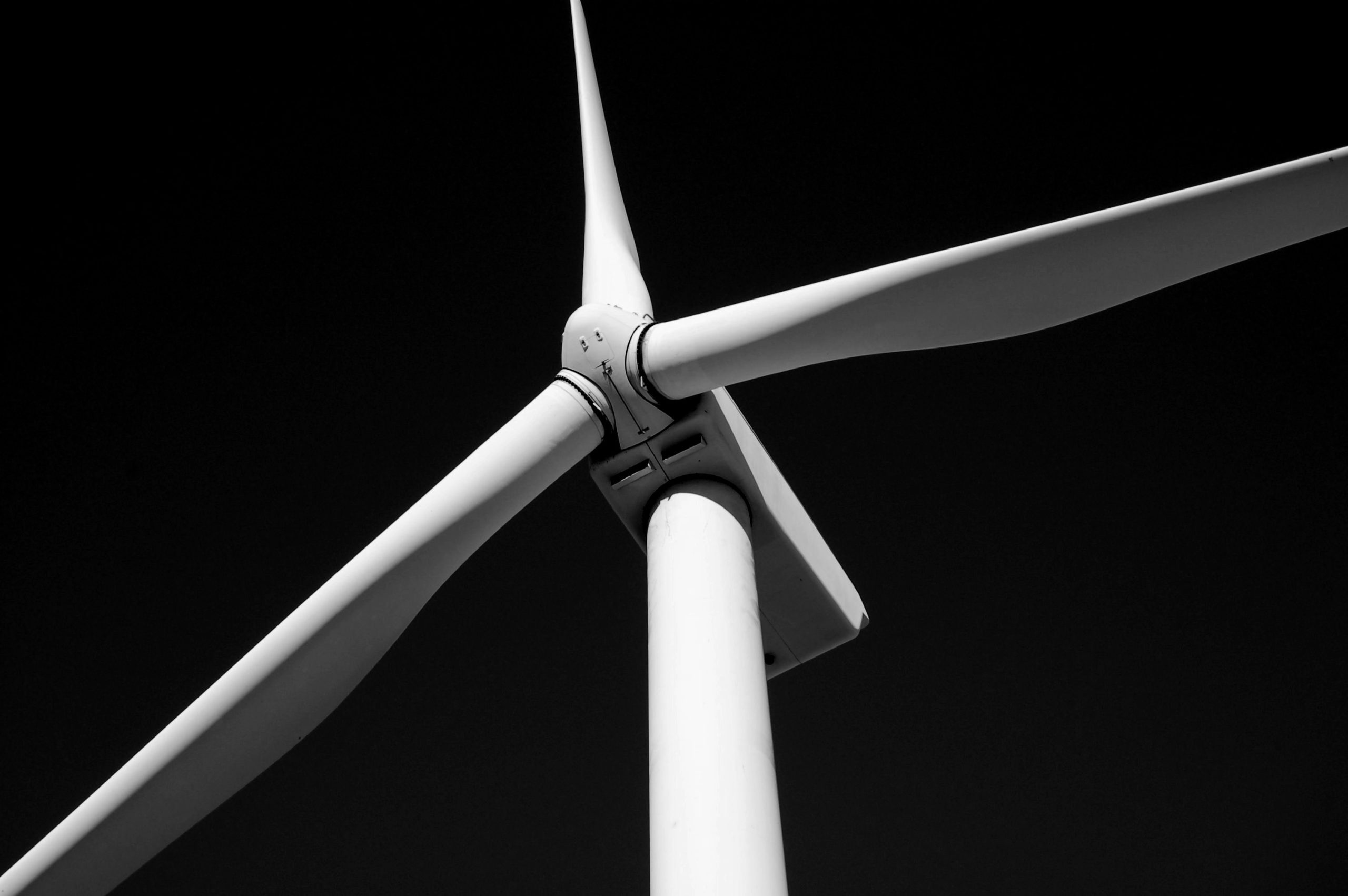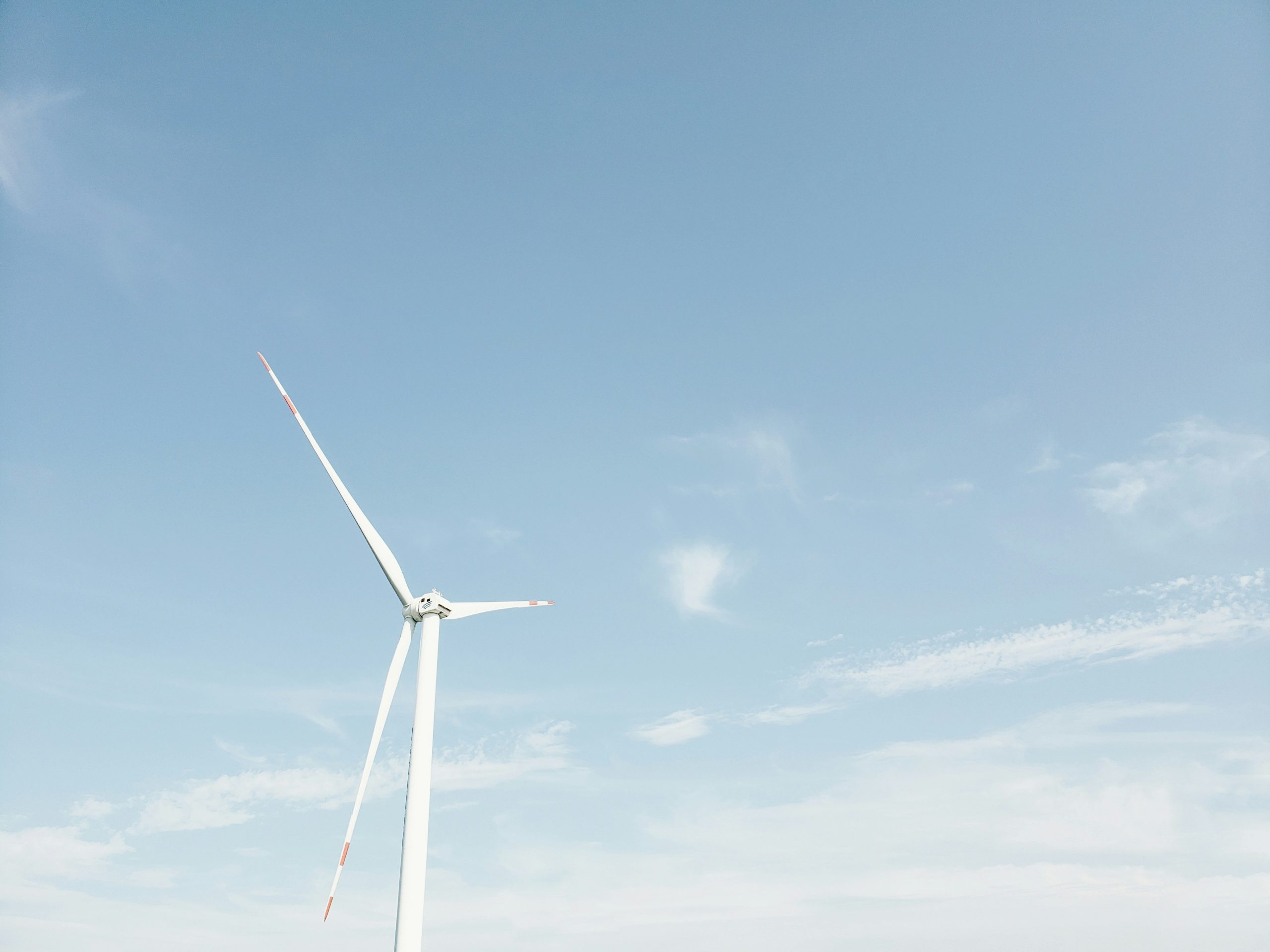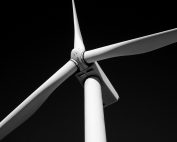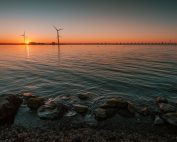Swedish Wind Energy Association (Svensk Vindenergi) has issued a position statement on the opinions issued by the Swedish armed forces on offshore wind energy projects. Since 2017, Sweden’s armed forces have rejected 9 out of 10 offshore wind farm projects. Such actions could significantly limit the development of the offshore wind sector in Sweden.
Daniel Badman, CEO of SWEA, stresses that wind power is good for national defense since it both contributes to decentralized electricity supply and helps Europe become less dependent on Russian gas and oil.
“In other countries, defense and wind power can coexist. This must also be possible in Sweden”, Badman argues.
Since 2017,Swedish armed forces have rejected the construction of 3,128 wind turbines (89%) in their opinions. That corresponds to a potential electricity production of 180-200 TWh. By comparison, Sweden’s current total energy consumption is 140 TWh”, reads SWEA’s position statement.
The percentage of approved wind farms, 11%, corresponds to 387 wind turbines. Of these, 6 out of 7 wind farms were rejected at a later stage of the authorization process as a result of disagreements with municipal authorities and environmental considerations.
As SWEA reminds us, the Swedish Defense Ministry is one of the bodies recently authorized by the government to enable the production of 90 TWh of energy from offshore wind farms , in addition to the 30 TWh already included in offshore plans. The ministry is also tasked with “developing the capacity for early dialogue and cooperation with relevant authorities and organizations in renewable energy production planning and analysis processes”.
Sweden’s current electrification policy is affected by institutional barriers such as government management of agencies.
SWEA proposes that the government urgently revise instructions for the Swedish armed forces. They should facilitate wind power and other types of electricity generation and identify new areas for offshore wind development.
